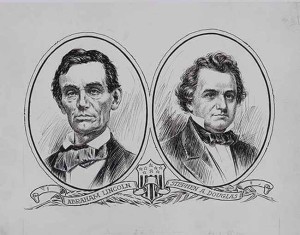My previous post covered one big lesson from watching a pitch competition; today I cover three additional observations. Watching eleven pitches in a row can be fascinating and a bit excruciating, but being able to compare them side by side in real time can also offer some valuable lessons. Here are a few that I gleaned from watching the Workforce One StartUp Quest competition on Monday.
Make it a conversation and not a commercial. The pitches that sounded canned fell flat. The pitch that I had rated the lowest sounded like it was written by a first-year marketing student being graded based on number of platitudes and buzzwords. The presenter I had rated the highest, as did the judges, spoke directly to the judges, had tons of personality in his voice and face, and sounded like a friend explaining a great business idea.
Don’t overcook the soufflé. Go easy on the emotion. We’re told that people make decisions emotionally and not rationally, and that’s generally true. But we also like to see ourselves as rational decision makers, so when someone makes it too obvious we feel forced into a corner and we react badly to it. For example, one of the pitches played on the love and concern that one has for elderly parents who live alone. The first tug at the heartstrings worked fine, but the second felt a little forced and the third went over the top, to the point that one of the judges commented on it during the Q&A.
Prepare for Q&A as much as for the presentation itself. This is the real main course, because your listeners want to see how well you know your stuff when you’re off-script. First rule: answer the damn question. Second rule, keep your answers short and to the point. One question about the team’s marketing plan turned into an excruciatingly long dissertation on general marketing principles that had the audience looking for a hook. In fairness to the person answering, he was put on the spot by the main presenter, who fielded the question and passed it right to him without warning—which points out the third through fifth rules: anticipate, anticipate, anticipate!




